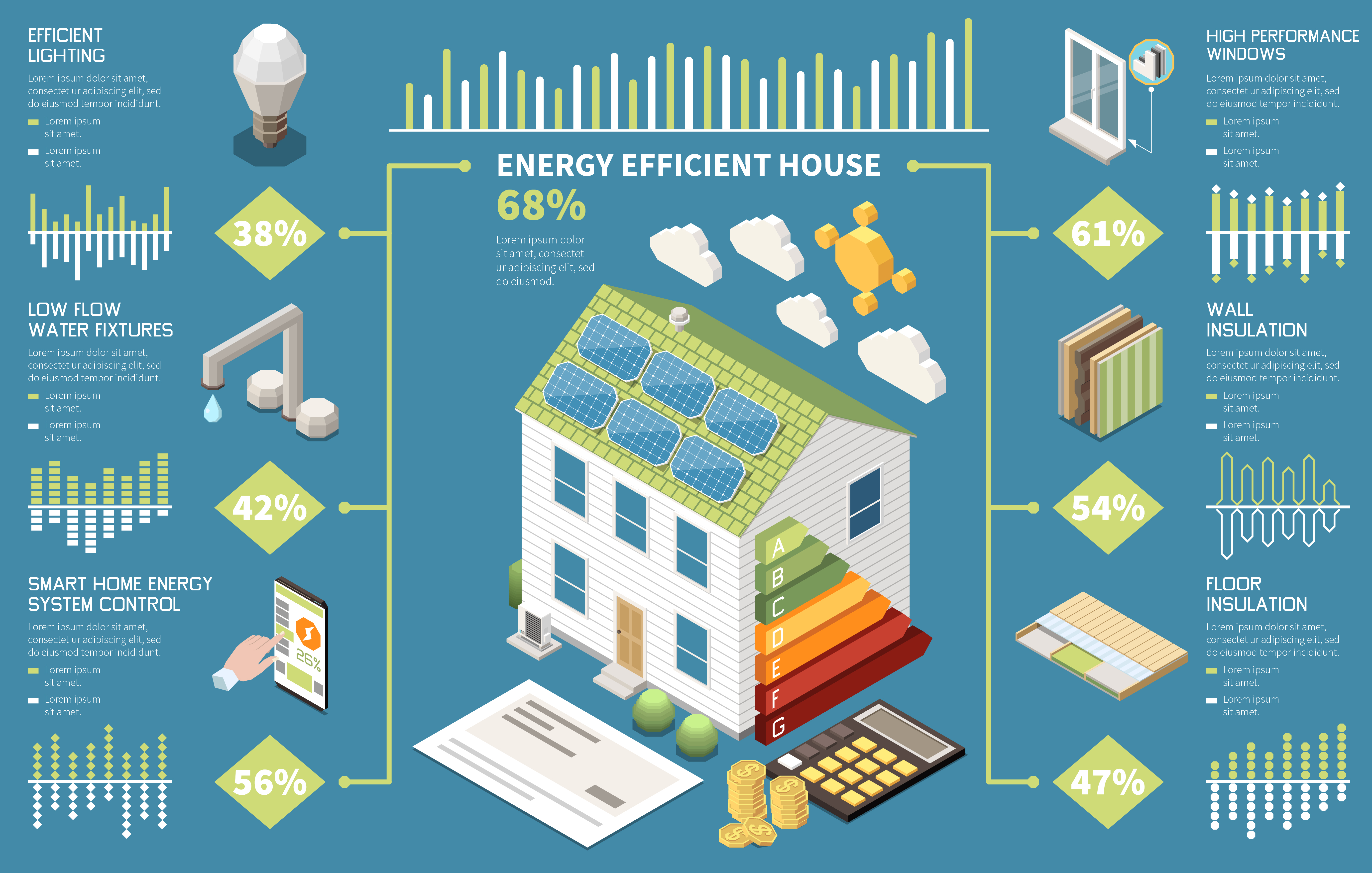How long does it take to find a buyer?
Finding a buyer for a property will depend primarily on two factors:
- Current market conditions
- The effectiveness of your property marketing and advertising.
Property market professionals often refer to the market as either a ‘buyer’s market’ or a ‘seller’s market’. A buyer’s market is where supply is higher than demand, meaning that the buyer is in control of the transaction process. Conversely, a seller’s market, is where the sellers are in control of the prices, because their properties are in high demand.
However, as a seller, even if the market conditions are not in your favour (i.e. there are many similar types of properties on the market) you can increase your chances of making a profitable sale by marketing your property well. This will include showing off your home to its full potential (marie-armelle tournient), advertising your property well to ensure the maximum number of viewers, and setting the asking price at a sensible level to ensure that offers are received. Your estate agent can usually advise on all of these aspects.
The National Association of Estate Agents statistics show that 43 per cent of house sales are agreed within one month of the property being put up for sale. The time it takes to find a buyer will vary dramatically across the country depending on the type of property and the location. One London estate agent interviewed claimed that many of their new instructions go under offer within 24 hours of putting the property on the market. Although this may be true for London properties, where there is a huge pool of potential buyers, more rural properties may take much longer to sell as they will not be as practical for such a large number of potential buyers.
How long does it take to complete the selling process?
However, finding a buyer does not constitute completing a sale. According to the National Association of Estate Agents’ recently commissioned research (May 2007), almost half of the people in the UK underestimate how long it takes to sell their home, thinking the whole process can be wrapped up within three months.
However, the NAEA state that the average selling time for a property is 16 weeks – a reduction on the average selling time which was 17 weeks six months ago. These statistics are averages, but even if a seller if lucky enough to receive a competitive offer within a very short space of time, the time taken to complete a sale will always be a matter of weeks or months.
Why does the property selling process take so long?
After an offer has been made, there are certain procedures that must be adhered to. Some buyers choose to instruct a Chartered Surveyors to conduct a full structural survey of the property. They may then negotiate a reduction in price, should they find a problem with the property that will be expensive to repair. A lawyer or licensed conveyancer is then usually appointed to deal with the legal aspect of the sale. Once the contracts are agreed, the exchange of contracts takes place. Completion finally occurs with the buyer depositing money with the vendor, usually via their respective legal advisers. The new owner must then arrange buildings insurance and make arrangements for the move itself. As this demonstrates, the process of buying and selling property is time consuming because it is a complicated process, involving a number of different stages and professional people. However, as property is likely to be the biggest investment most of us will ever make, it is worth spending a few extra weeks, and extra effort to guarantee the legal aspects are all correct.
What can be done to reduce the time taken over property transactions?
As the mouseprice.com property market guides demonstrate, the process of buying and selling property involves a number of different people and stages, however, the process will run more smoothly if:
- If you are a buyer, arrange a mortgage in principle before you start to view properties – this means that you will know your financial limitations so that when you find a property you like you will be able to make a sensible offer. Likewise, as a seller, when you receive an offer enquire as to the positions of the buyers. You may have two very similar offers but choose to accept one over the other because of the position of the buyer if they have no onward chain and/or a mortgage already agreed, as this will be less likely to fall through.
- Most owners are confident about the condition of their property, however, if you are worried about structural problems, it may be wise to commission a pre-sale structural survey of the property. If problems are identified early on, you can fix them, or adjust your price accordingly. This will reduce the need for negotiations later on.
- Research the pool of property professionals available to you to represent you throughout the property sale early on in the proceedings. Choosing good representation will make everything run more smoothly.







